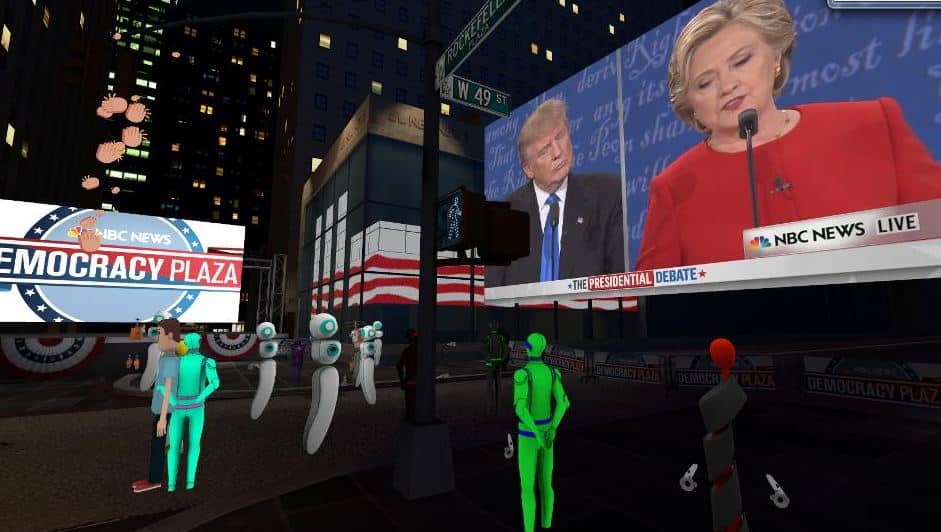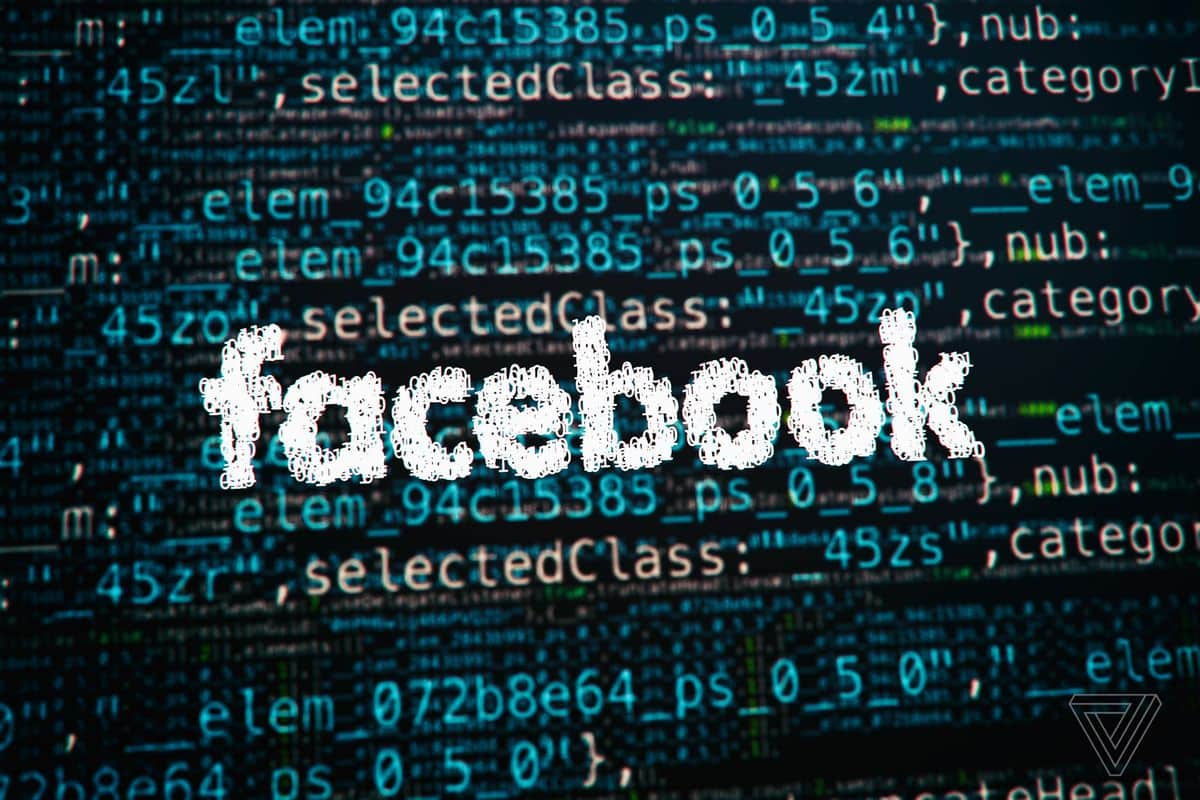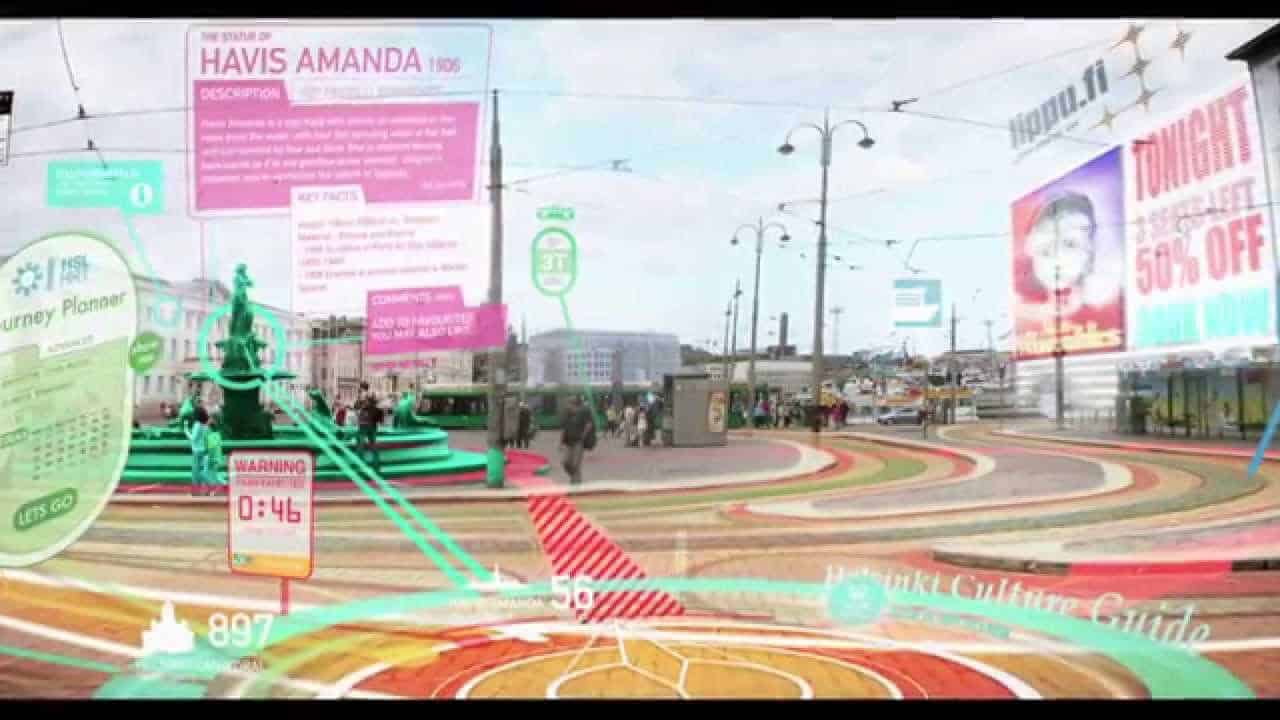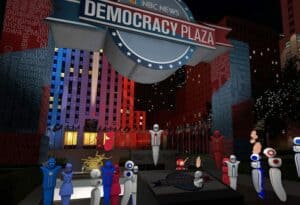It’s been a brutal election this week, and as of Thursday evening, votes are still being counted. It’s simultaneously tense and draining, with angry tirades on social media and protests in major cities. No matter who wins, a significant percentage of the electorate will be frustrated, and some will refuse to accept the results. The polarization here encompasses far more than politics and social media. Still, the latter is our town square (sadly now in the hands of private corporations), where we encounter each other, the ideas we support, and the ones we loathe. As Rick Hanson put it, we live in a deeply polarized political environment, “which both sides tend to view in existential terms.”
Over the past four years, we’ve seen increasing concern over social media’s role in political discourse. Does it tear us apart or help us bridge our differences? It’s been a recurring theme in Congressional hearings, but those events usually descend into charges of political censorship or reveal the profound ignorance of the digital age among our elected representatives.
If Facebook and other platforms have the capability to hinder if not destroy constructive dialogue, what will happen as augmented and virtual reality becomes ubiquitous? We’re not thinking here about the insufferable debates in VR, actually in 360 video, that the 2016 campaign gave us. There are many reasons to use virtual reality, that was not one of them. Trust us; we were there.

Instead, we’re thinking about social VR and the use of immersive experiences to understand one another in the future. We won’t solve the question of whether VR fosters empathy or just feelings of sympathy in this short space, but we know it has an impact. We see it in our students’ immersive experiences, in the use of VR for workforce training, and in augmented and virtual applications in the arts.
Every technological development shapes our political process. The telegraph allowed for quick distribution of campaign news, the railroads put our politicians on the road, and television brought them into our living rooms (most notably in the Nixon-Kennedy debates). Social media brought political debates onto our smartphone screens. And in a year or two, smartglasses will see our political strife played out before our eyes as we walk down the street. In the past decade, our mobile devices have become an integral part of the political process. AR and VR – or XR – doesn’t have anywhere near that degree of impact today, but it’s only a matter of time.
Politics and Social Media – Facebook’s Take
Two things got me thinking about this. First, walking the streets of New York City this week has been a surreal experience with blocks of boarded-up storefronts. We seem more ready for war than an election, a not so reassuring thought when you consider the level of gun ownership in the U.S. We have 120.5 guns for every 100 residents, double the rate of the next highest country, Yemen, with 52.8 per 100 residents (or put it another way: 4% of the world’s population owns 46% of the world’s civilian firearms). It doesn’t help to see armed groups roaming the hallways of some of our state capitals on cable news.
The second catalyst was an article by Andrew Hutchinson in January 2020, Is Facebook Really to Blame for Increasing Political Division. Though social media is more than Facebook, the company is almost synonymous with it since one-third of the world’s population uses it. The article covers the internal memo written by Facebook’s head of VR and AR, Andrew Bosworth (or “Boz” as most people know him), that defends the company against charges of political influence in the 2016 election.
Stop right there: it’s interesting that the person tasked with defending Facebook’s role in politics and social media this year happens to be in charge of its VR and AR projects.
Social Media and the 2016 Election

First, let’s look at the main points from Boz’s internal memo at Facebook – then we’ll unpack the implications that VR may have for our politics and future elections:
- Political misinformation – Bosworth says that most misinformation in the 2016 campaign came from people “with no political interest whatsoever” who were seeking to drive traffic to “ad-laden websites by creating fake headlines and did so to make money.” Misinformation from candidates, Boz says, was not a significant factor.
- Cambridge Analytica – Bosworth argues that Cambridge Analytica was a ‘non-event’ and that the company was essentially a group of ‘snake oil salesman’ who had no real influence, nor capacity for such. “The tools they used didn’t work, and the scale they used them at wasn’t meaningful. Every claim they have made about themselves is garbage.”
- Filter bubbles – Bosworth says that, if anything, Facebook users see content from more sources on a subject, not less. But he concedes there is a problem here. The broader exposure that people have to different perspectives actually pushes them more to one side or the other: “What happens when you see more content from people you don’t agree with? Does it help you empathize with them as everyone has been suggesting? Nope. It makes you dislike them even more.”
Of course, the relationship between politics and social media is infinitely more complex than these three issues. But they give us a basic framework for understanding the future impact of VR on politics and our elections.
The Potential Impact of Virtual Reality
Now let’s look at each in terms of XR developments:
- Misinformation. Whether or not political misinformation came from people “. . . with no political interest whatsoever” is beside the point. The potential for misuse of VR will be significantly greater than social media. You’re not just sharing text, images, and video, but experiences. Fortunately, given the current challenges in creating and distributing VR content, this isn’t an immediate danger. It’s much easier to use whip up a fake video on another platform and share it on Facebook or another site. But try to imagine a world in the future where misinformation is embodied in virtual experiences, not images on a screen. And one where the creation and distribution of XR content is in the hands of everyone. Our current challenges with fake and deepfake videos will seem simplistic in comparison.
- Data and Privacy. Facebook tries to let itself off the hook on Cambridge Analytica (CA). The validity of CA as a company was never the issue – it was that the data got into the wrong hands. The same scenario could happen with VR, especially now that Facebook requires an account to use the Oculus Quest 2. You can still keep your data private, but what if Facebook makes another CA mistake? There’s an unhappy track record here in case you haven’t noticed. The data trail we leave behind in social media is minuscule compared to the massive amount of data generated through VR experiences. A few days ago, residents in Roseville, CA awoke to find blue dots painted in front of their homes if they had had Biden/Harris signs in their yards. Political affiliations in the future may be identified through the gaze of our eyes or movement of our bodies in VR.
- Filter Bubbles. In the long run, filter bubbles may be the most serious threat that XR offers. If Boz is right that we recoil from an onslaught of the content we don’t agree with, that it “actually pushes people more to one side,” will we retreat into immersive experiences that reinforce our beliefs? Today, we have the wonderful I am a Man VR experience on a seminal event in the Civil Rights movement. The creator David Hamm, Assistant Professor of Graphic Design at North Carolina State’s College of Design, notes,
VR can tap into the emotions of the user and tell a much richer story
And so it can. But what will prevent someone from creating the opposite experience? An immersive experience that fabricates behavior to justify racism and oppression? There is nothing in the DNA of virtual reality that prevents telling “a much richer story” from the opposite perspective. Think about this for a moment if you are a VR content creator: for every good intention you have to use VR to foster mutual understanding and elevate humanity, the potential is there to do the opposite and use it as a tool of polarization and repression. Even for yourself, are you sure you’re not embedding your own bias in a virtual experience?
Today, part of our political polarization comes from having read or seen something on social media. In the future, it will come from having ‘experienced” something or “seen” it for yourself.
Even if the experience is “only” virtual, in the end, you won’t be able to tell the difference. And that gives David Hamm’s concept of a “richer story” a whole new meaning when it comes to the impact of VR on our political process.
Polarization Through Augmented Reality
The positive and negative dynamics will be more extreme with the arrival of augmented reality devices. Right now, illustrations of AR generally show practical information on a mobile screen – fascinating but hardly game-changing. But the reality will be vastly different with AR glasses. Our everyday environments will be awash in commercial, political, and social media generated live in real-time. You may find those blue dots in Roseville virtually positioned over your head as you walk down the street.

Our politics and social media will no longer be limited to mobile devices but embedded in our personal and public spaces. There’s much good to be found in this. Entering a store with media immediately in front of you on the company’s climate change impact or instances of gender discrimination could help foster corporate responsibility. No need to google the information. It will be floating in the air right in front of your AR glasses. But it could equally turn disruptive with political statements on the company (or its employees) in the public arena. The result would be a deeply polarized society far beyond anything we’ve seen in the 2020 election.
Politics, Social Media, and XR
No matter our role in VR and immersive technologies, we have to focus on how it will impact the political and social arenas of our lives. Otherwise, we are leaving it to Silicon Valley firms, who will produce more internal memos on how they’re not to blame for the polarization around us. Social media is not the only source of our political and social dysfunction, but absolution doesn’t come that easily.
To be sure, immersive technologies are only tools, but our tools empower our actions, extend our potential, and ultimately help define who we are. When we create in VR, we are not simply sharing information and data through a media format. Instead, we’re creating the space for human experience and everything that it entails. Education will be more important than ever if we are to use virtual reality justly and expand our human potential.
I’m tired of the boarded-up storefronts, the misinformation, and the filter bubbles that blind us to the needs of others. As much as I know VR will benefit every area of society, I can also see our current situation as nothing more than an opening chapter, a preface even, for what might happen through the future misuse of immersive technologies. We need to know where we are going before we open the door to our ReadyPlayerOne future.
Emory Craig is a writer, speaker, and consultant specializing in virtual reality (VR) and generative AI. With a rich background in art, new media, and higher education, he is a sought-after speaker at international conferences. Emory shares unique insights on innovation and collaborates with universities, nonprofits, businesses, and international organizations to develop transformative initiatives in XR, GenAI, and digital ethics. Passionate about harnessing the potential of cutting-edge technologies, he explores the ethical ramifications of blending the real with the virtual, sparking meaningful conversations about the future of human experience in an increasingly interconnected world.

